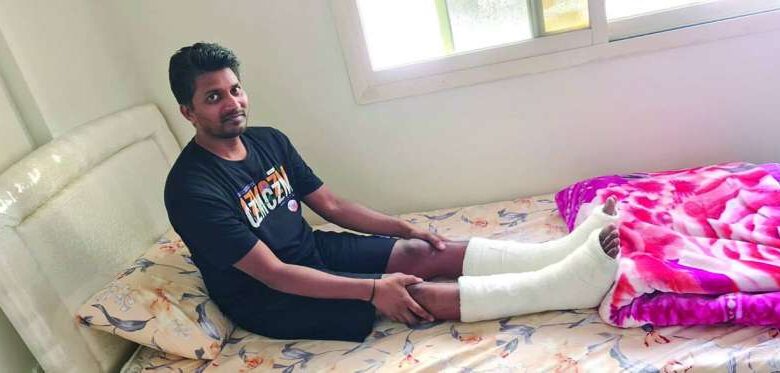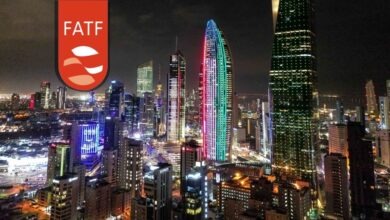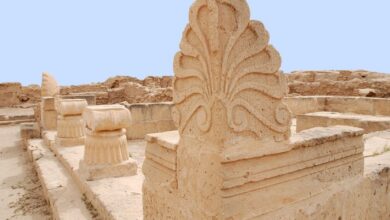Survivors thank Kuwait’s heroic response to Mangaf fire tragedy
Many injured workers who were discharged from the hospital and relocated to new residences were particularly moved by the country’s announcement of financial compensation for the families of fire victims.

-
Kuwait’s recognition as a ‘Center for Humanitarian Work’ by the UN is proven well-deserved as the leadership, government, and people continually demonstrate their commitment through significant global aid initiatives.
Once again, the leadership, government, and people of Kuwait demonstrate that their designation as a “Center for Humanitarian Work” by the United Nations is well-earned. This recognition stems from their ongoing efforts and significant initiatives to aid those in need worldwide, Al Rai newspaper reported.
The final proof came in the official and public response to the Mangaf fire and its victims. Several workers who survived the fire expressed their immense gratitude for the Kuwaiti response to the humanitarian disaster that occurred in their building in the Mangaf area, which claimed the lives of 49 people and injured dozens more, who were transferred to hospitals for treatment.
Many injured workers who were discharged from the hospital and relocated to new residences were particularly moved by Kuwait’s announcement of financial compensation for the families of fire victims.
They also noted the numerous visits to the accident site and hospitals by government officials since the morning of the accident, and the significant efforts made by the fire department and medical emergency teams in rescuing the building’s residents.
Al-Rai met with several injured workers who were discharged from hospitals about ten days after the disaster, at their temporary residence.
In the first apartment, there were three injured individuals: Inspector Praveen Raju, driver Nalina Kashan, and worker Dorji Lama. They still had plaster casts on their feet due to fractures sustained when they jumped from the second floor to escape the thick smoke, fearing for their lives.
Raju said he saw a water tanker standing below the balcony and jumped onto it, but he was still injured despite the short distance because he had inhaled a lot of smoke.
These three expressed their sincere gratitude for the assistance provided to them, which continues to this day, noting the great interest and humanitarian care they felt when Kuwaiti officials at all levels visited them.
They also praised the significant support they received from their home country, particularly the efforts of the Indian ambassador in Kuwait and members of the embassy, who were among the first to arrive at the accident site. The ambassador and embassy staff visited and contacted them constantly, checking on their conditions daily over the past ten days.
In the second apartment, there were four injured individuals who had recently been discharged from the hospital: Sarat, Santosh Pal, driver Anil Om, and storekeeper Faisal Muhammad.
Some of them still had plaster casts on their hands and feet as a result of jumping from the balcony out of fear for their lives, while others suffocated from the thick smoke before being rescued via the fire truck ladder from the fifth floor.
Pal spoke about the moments of the fire. He said he woke up at five in the morning to the sounds of the building’s residents screaming. He woke up his colleagues in the apartment and tried to go down the stairs, but the smoke was too thick, forcing him to return to his apartment. He noted that those who continued to go down through the smoke were killed by suffocation.
Another individual mentioned that he attempted to descend from the balcony using the television cable, but it was cut, causing him to fall from the second floor and break his legs. These four individuals reiterated the praises of their colleagues regarding the efforts and humanitarian assistance they received from Kuwait and their embassy in the country.












